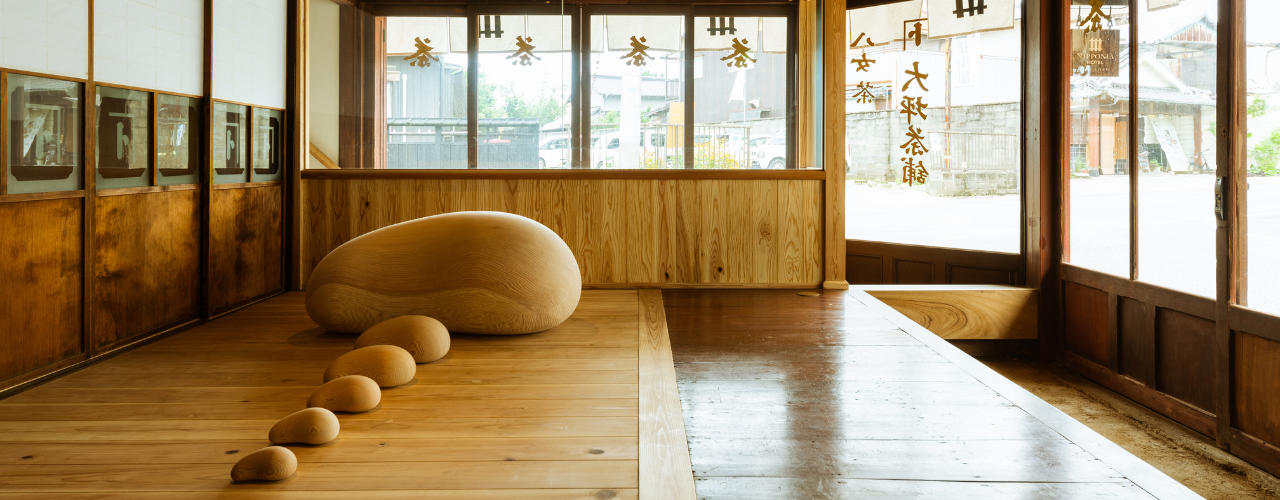
Culture and Heritage
In the rural south of Fukuoka prefecture, Yame is a historical city that offers a rich taste of Fukuoka’s traditional crafts and culture, featuring the famous Yame tea. This area has long prospered thanks to its natural resources of abundant water and fertile soil. As an important transport hub between Bungo and Chikugo, Yame was a lively town where merchants built their houses and artisans set up their workshops. So if you’re in the mood for nostalgic tea houses, ageless sake breweries, traditional craft shops, and modern art galleries, just follow us!
First, let’s check in at NIPPONIA HOTEL Yame Fukushima Merchant Town. The hotel is housed in a 100-year-old building that was renovated in 2020 from a local sake brewery, which stands alongside many other traditional buildings in the town’s dedicated preservation district. This was also the site of the residence of Sakaguchi Honke, a family of sake brewer merchants.
As we walk through the hotel, various details of Edo-period architecture and decorations catch our eye. Our spacious room feels modern, clean, and comfortable with elegant wooden interiors and a splendid view of autumn leaves in the garden. There are no screens, not even a clock to distract us from the physical beauty of this special place, where time stands still. We can’t wait to take a private bath tonight, enhanced with aromatic green tea leaves!
Outside, we stroll along quiet streets lined with the white walls and black-tiled roofs of preserved antique buildings. One of them is OHAKO, the former Otsubo Tea Shop housed in a machiya building constructed in 1917, also part of NIPPONIA HOTEL. Since the tea shop closed for business several decades ago, it has been fully renovated into a modern art gallery with guest rooms. We marvel at the smooth stone-like objects on display.
Just a short walk away, we can already see the towering chimney of Kitaya, an Edo-period sake brewery founded two centuries ago that won the top IWC Champion Sake Trophy for its Daiginjo Gokujo in 2013. Inside the brewery, we admire the very large sugidama cedar ball enshrined in the courtyard and peruse the full line-up of award-winning sake and shochu bottles on the shelves.
Further along, we pass through billowing white noren of Unagi no Nedoko, housed in the building of the Former Terasakitei Residence. Since 2012, it has been one of four branded stores that sell traditionally handcrafted objects by Japan’s native artisans, including Kurume Kasuri woven fabrics, Hoshino pottery, wooden toys, clothing, and food items.
Continuing our native shopping spree, we enter the wooden latticed storefront of Konomien, a tea wholesaler with a history of over 150 years. The famous Yame Tea was named by the store’s third owner, Hisakichi Konomi, about 100 years ago. Konomien is known for its delicately wrapped packages of Yame tea leaves, with a distinctive design that hasn’t changed in over a century. It’s hard to decide which of these finely decorated bags to bring back home with us, but we finally settle on the seasonal autumn bestseller.
After admiring so many fascinating items in Yame’s nostalgic townscape we’ve worked up quite an appetite, so we head back to NIPPONIA HOTEL for dinner. Today’s menu features top-grade Funagoya wagyu beef in red wine sauce served with fresh Yame vegetables, followed by soup, fish, and other fine dishes—a feast fit for a feudal lord!
Access Information
Access to the rural areas of Fukuoka is most convenient by rental car. Several rental car companies are within walking distance of JR Hakata Station in Fukuoka City.
NIPPONIA HOTEL Yame Fukushima Merchant Town (Japanese Website)
204 Nishikyomachi, Motomachi, Yame City, Fukuoka Prefecture
Kitaya
374 Motomachi, Yame City, Fukuoka Prefecture
Unagi no Nedoko Old Terasaki House (Japanese Website)
327 Motomachi, Yame City, Fukuoka Prefecture
Konomien(Tea Shop)
126 Motomachi, Yame City, Fukuoka Prefecture


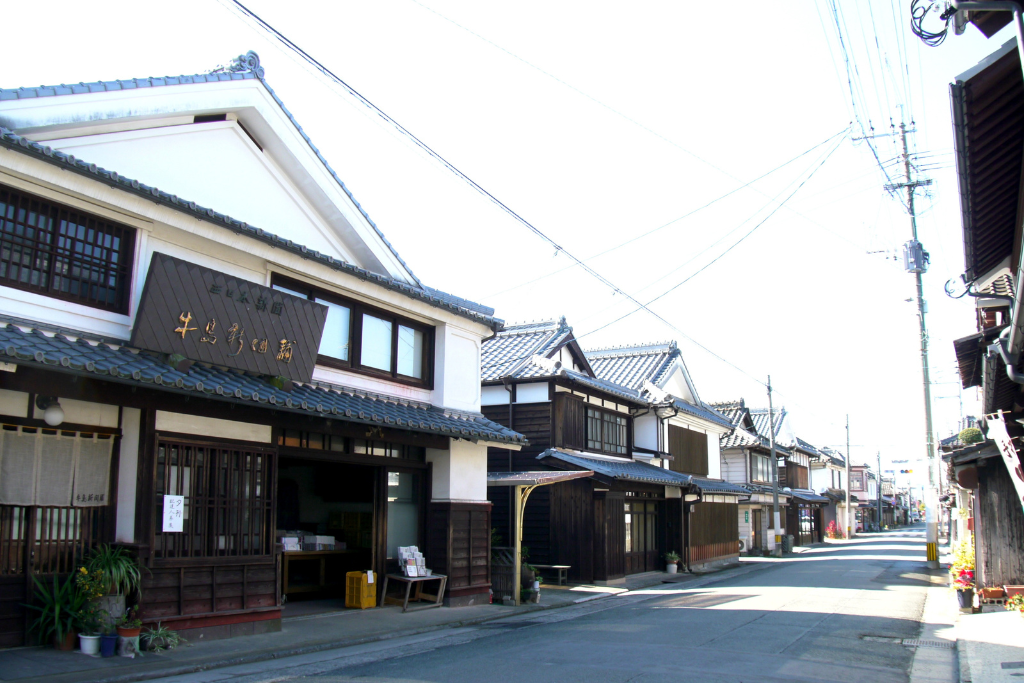
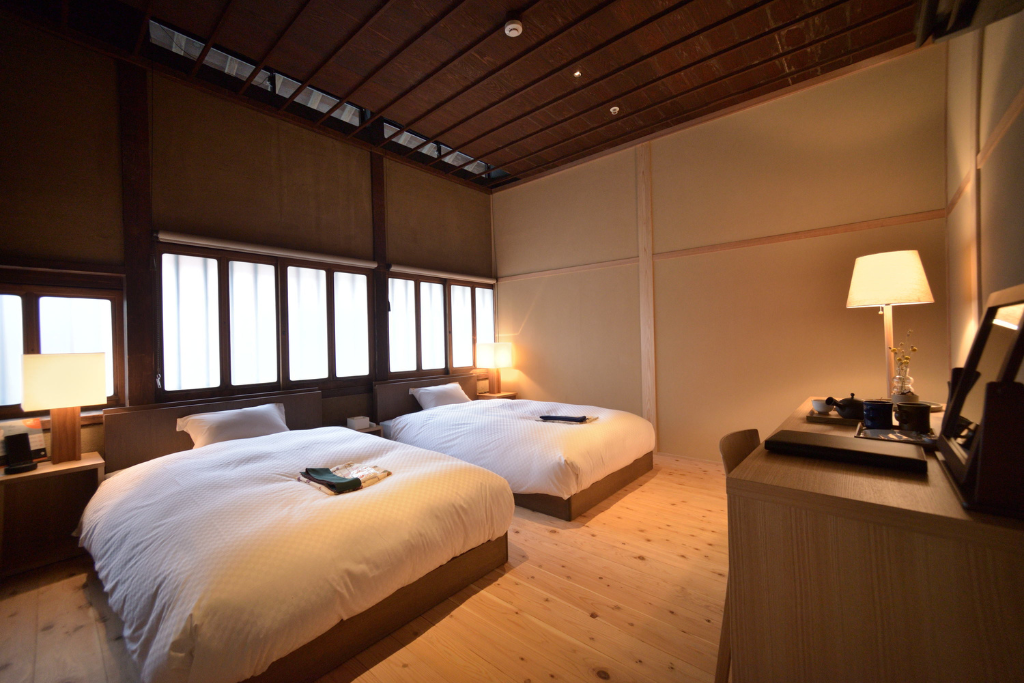
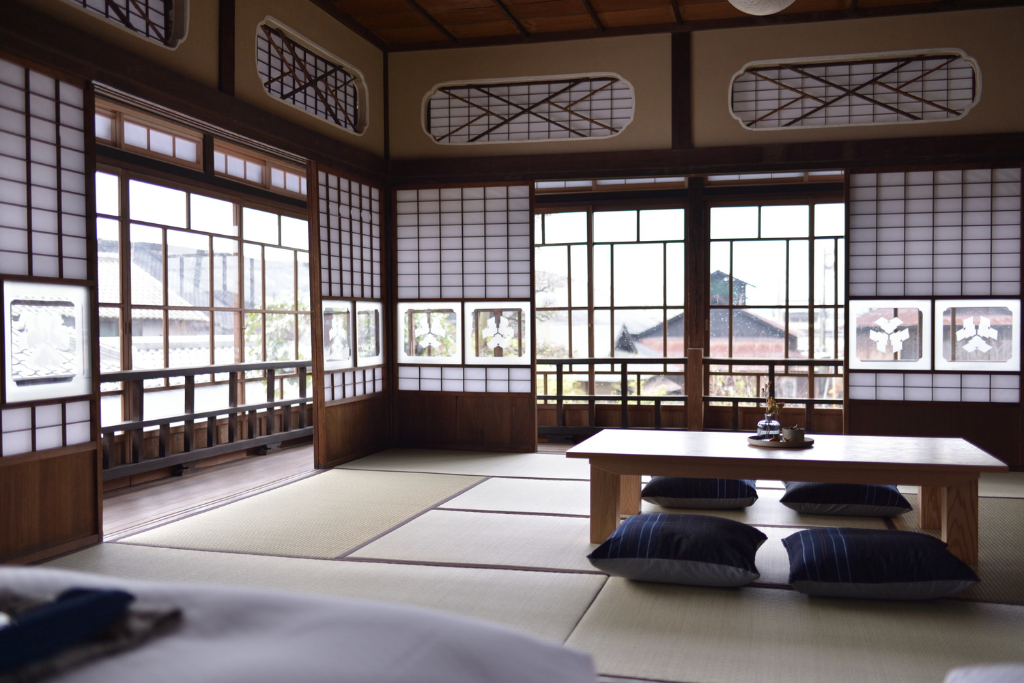
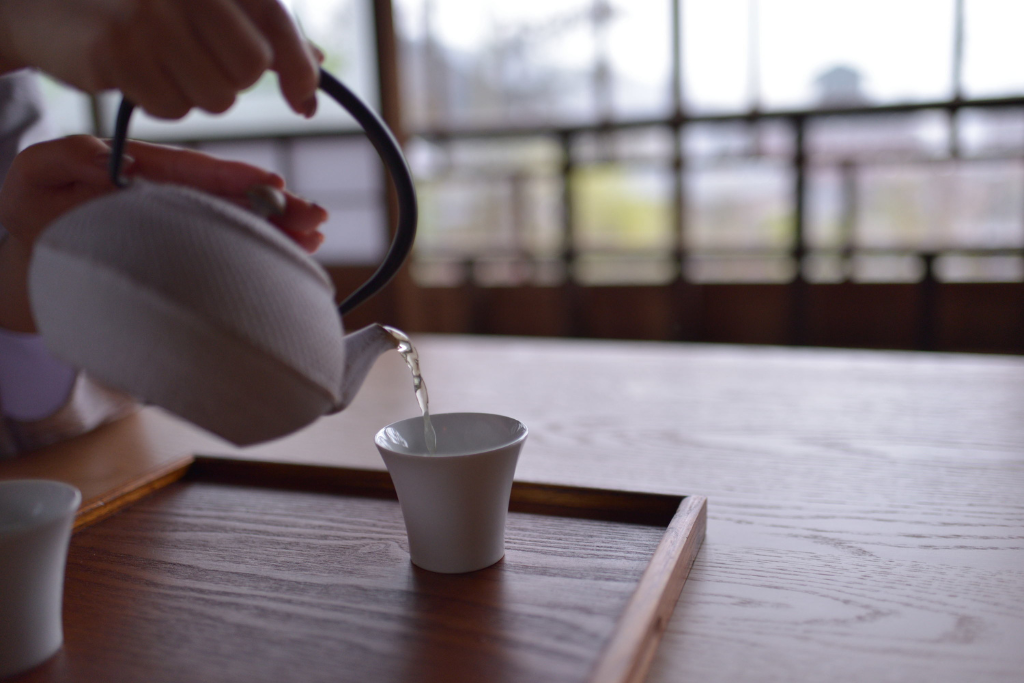
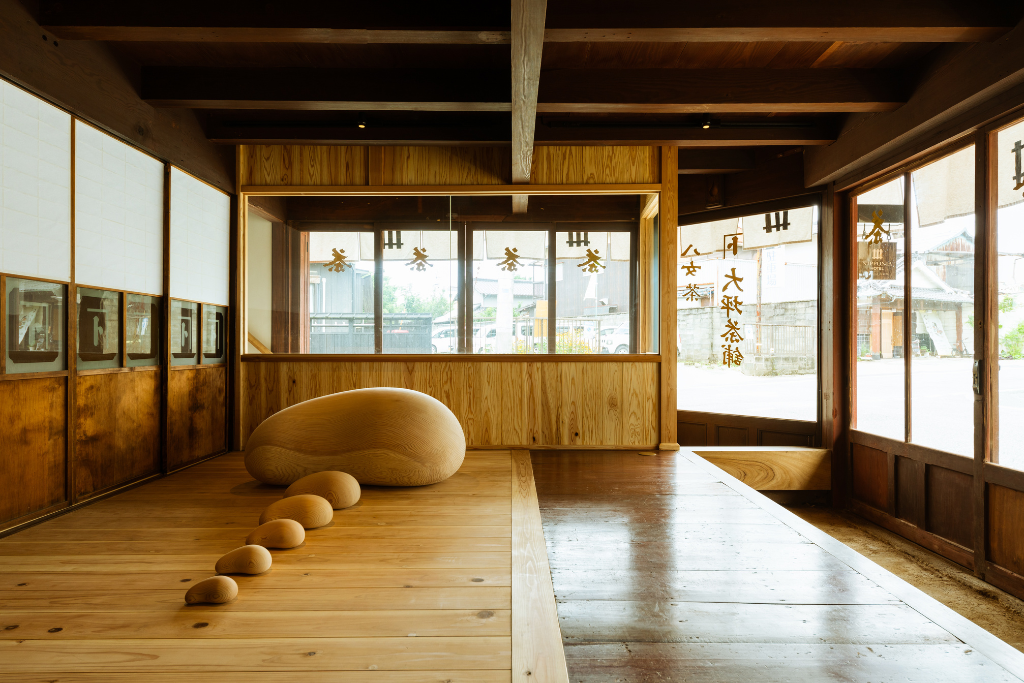
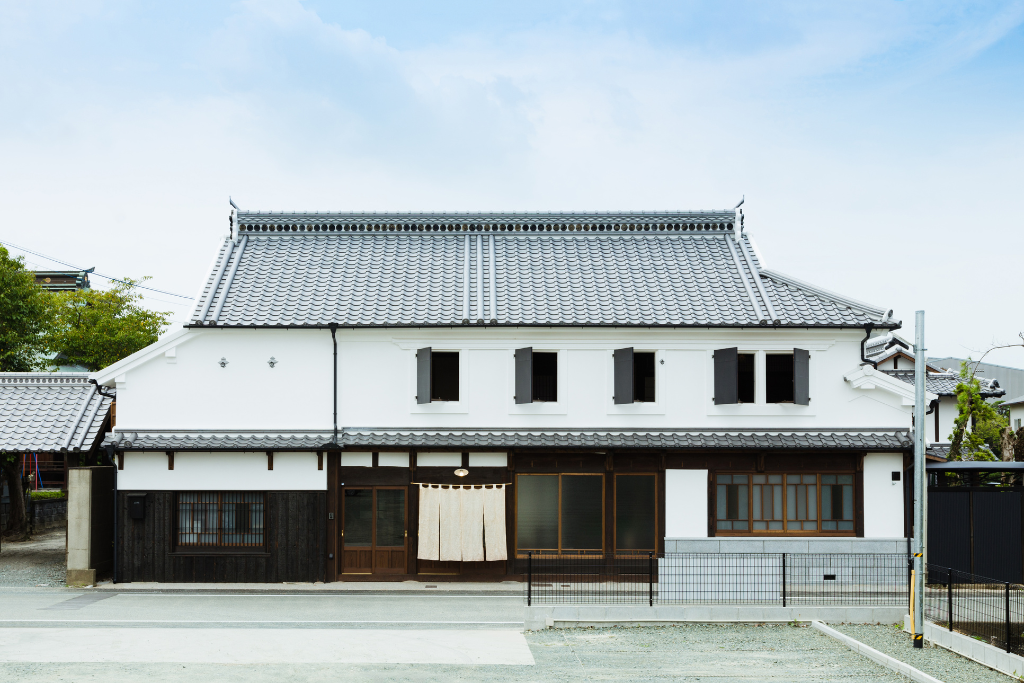
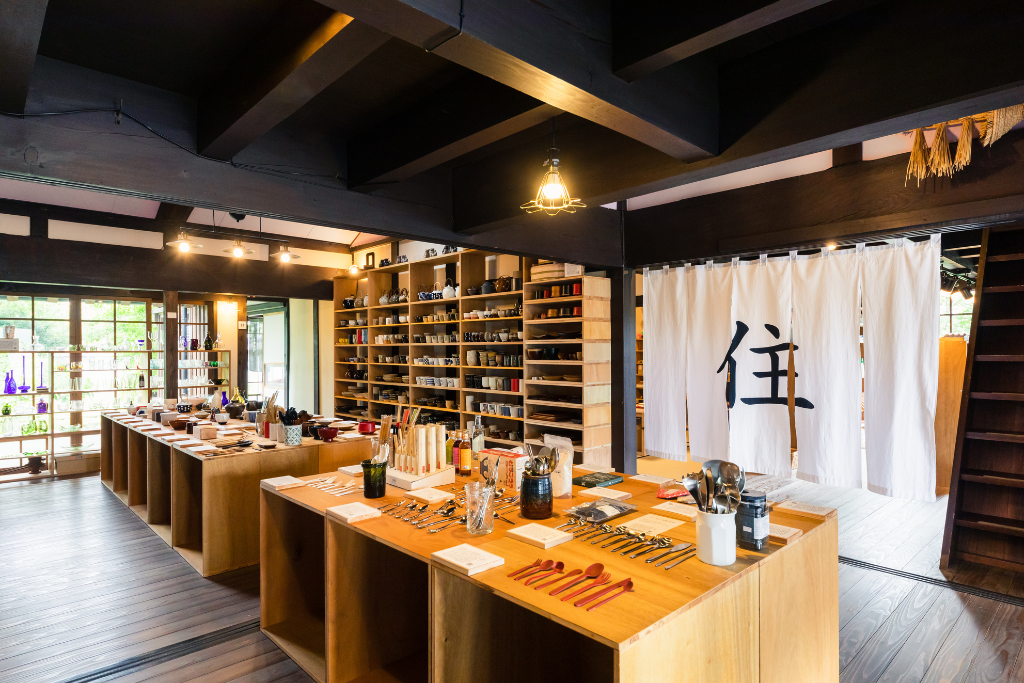
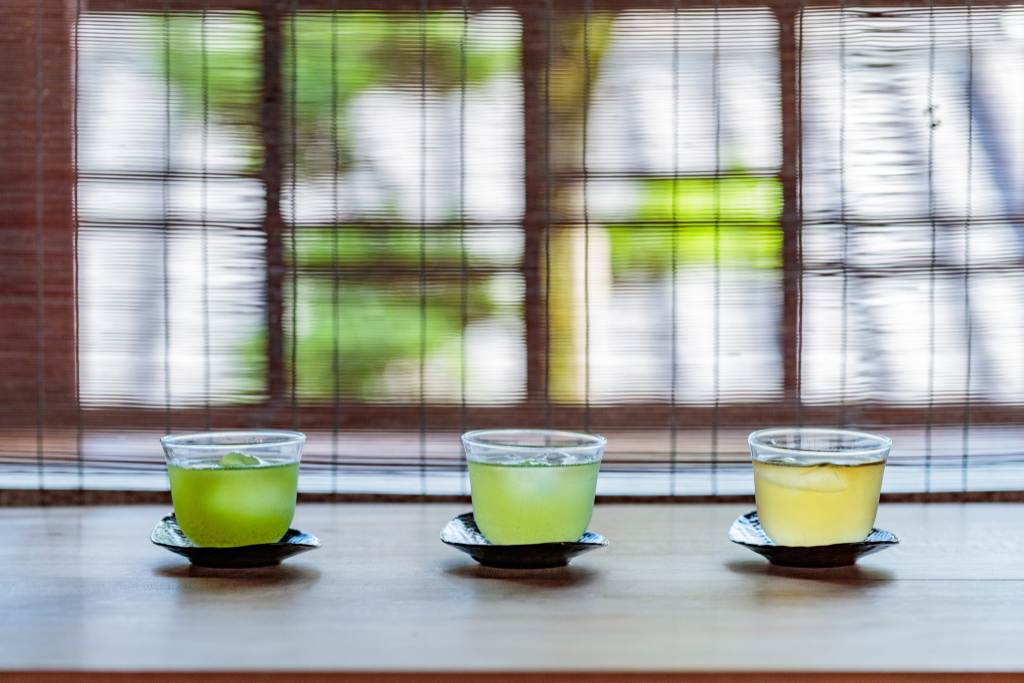
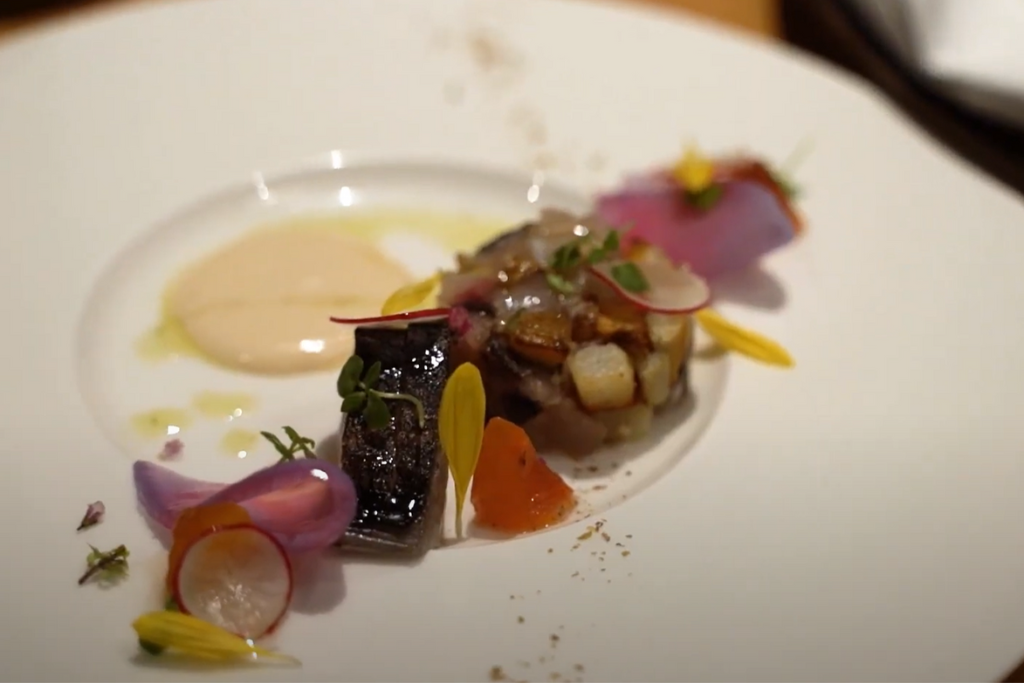
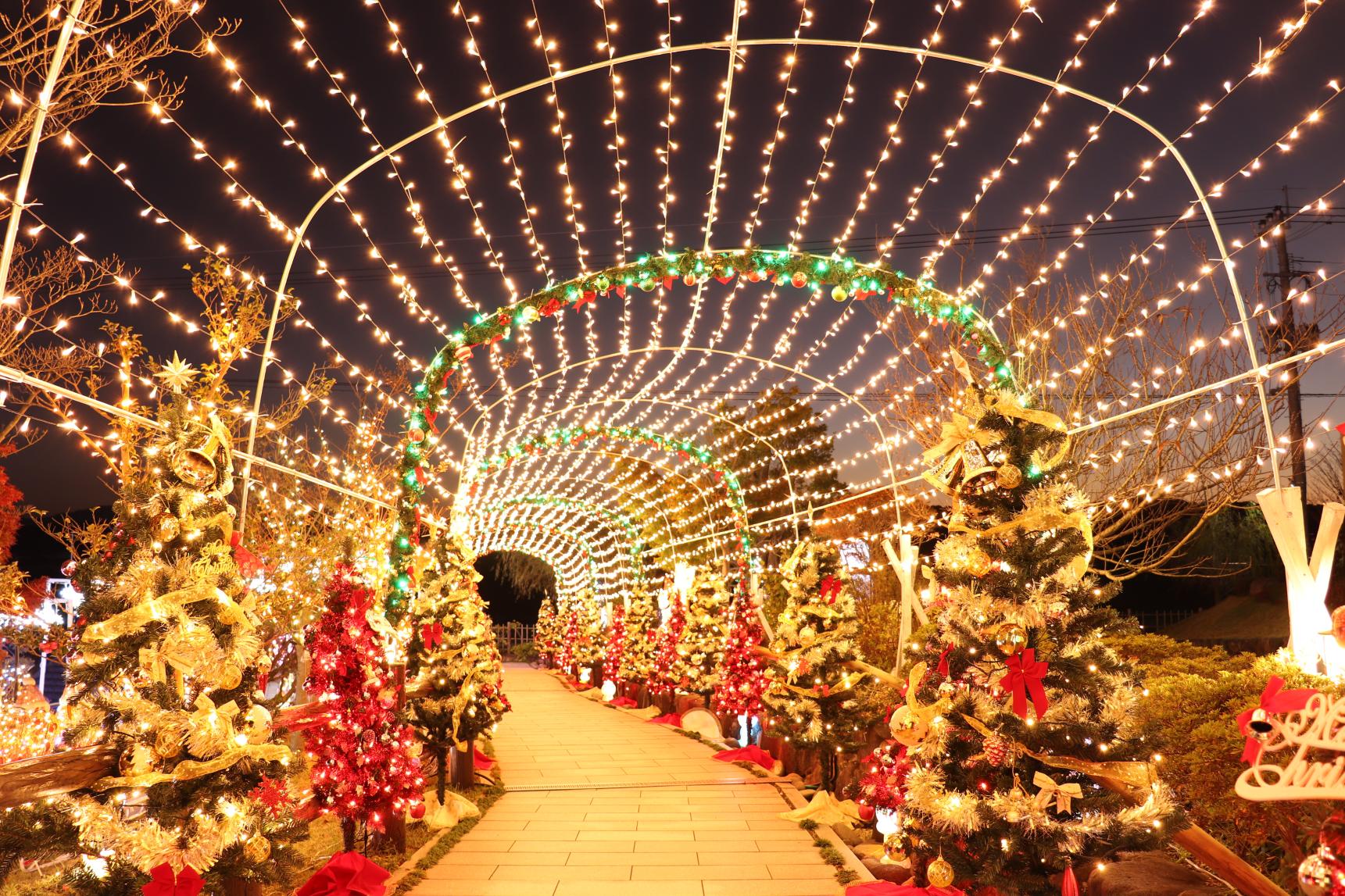
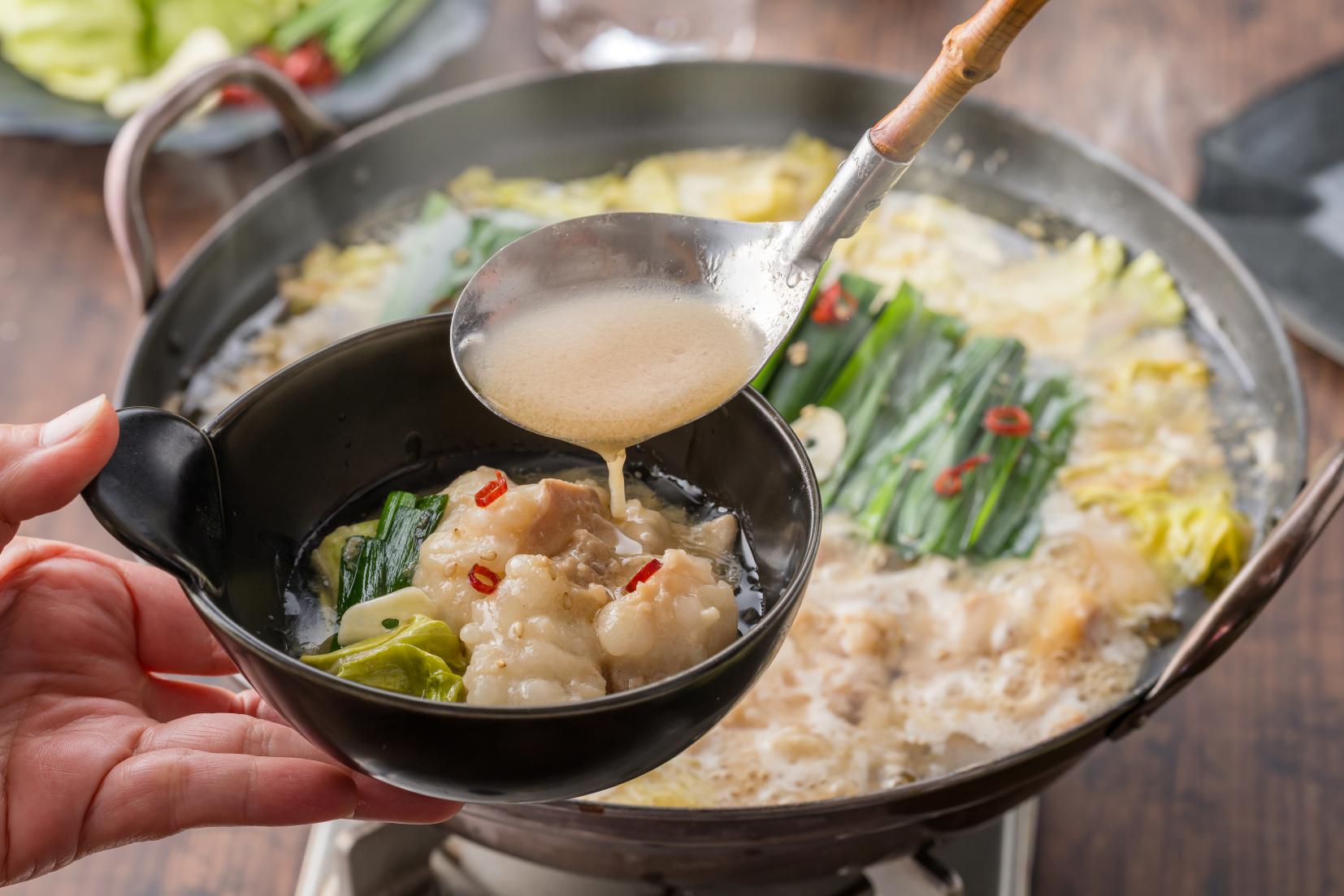
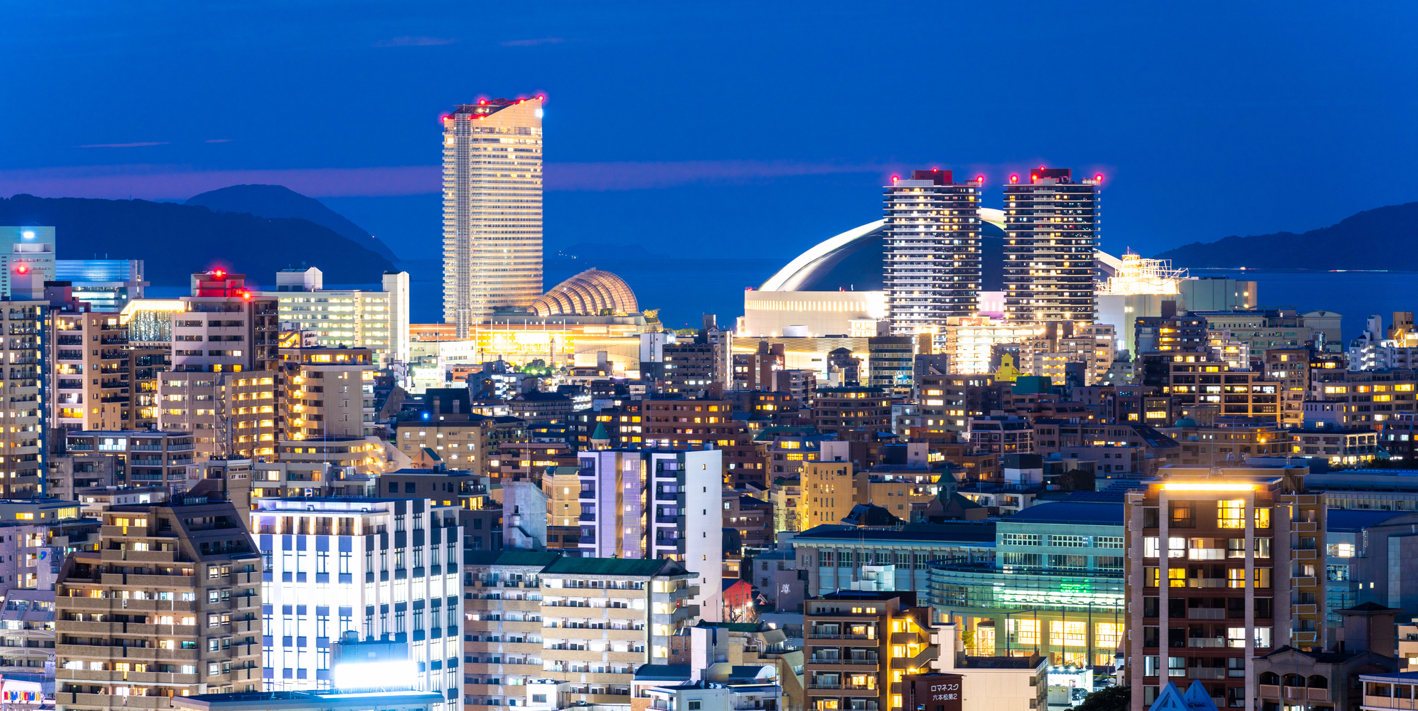
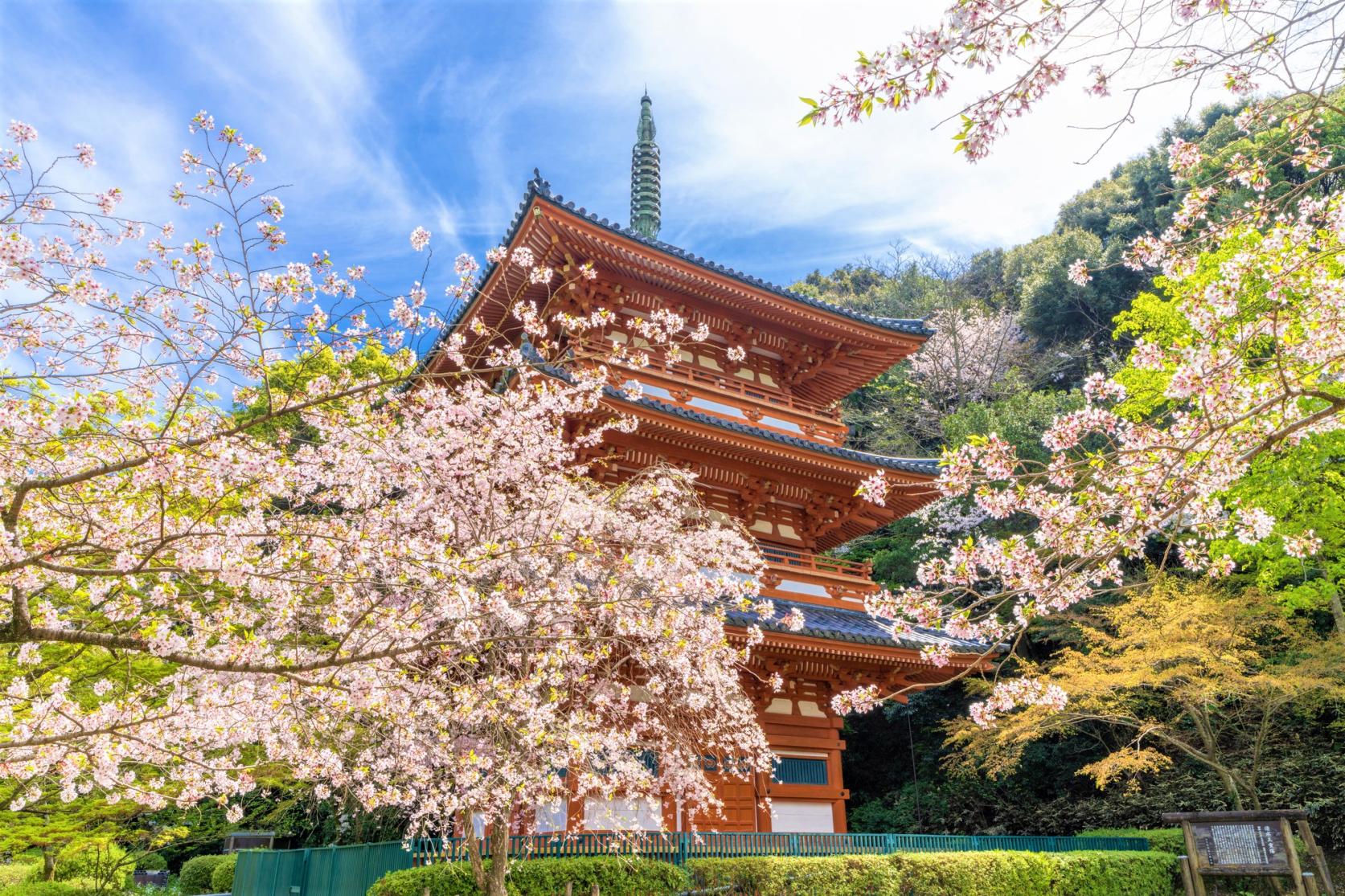
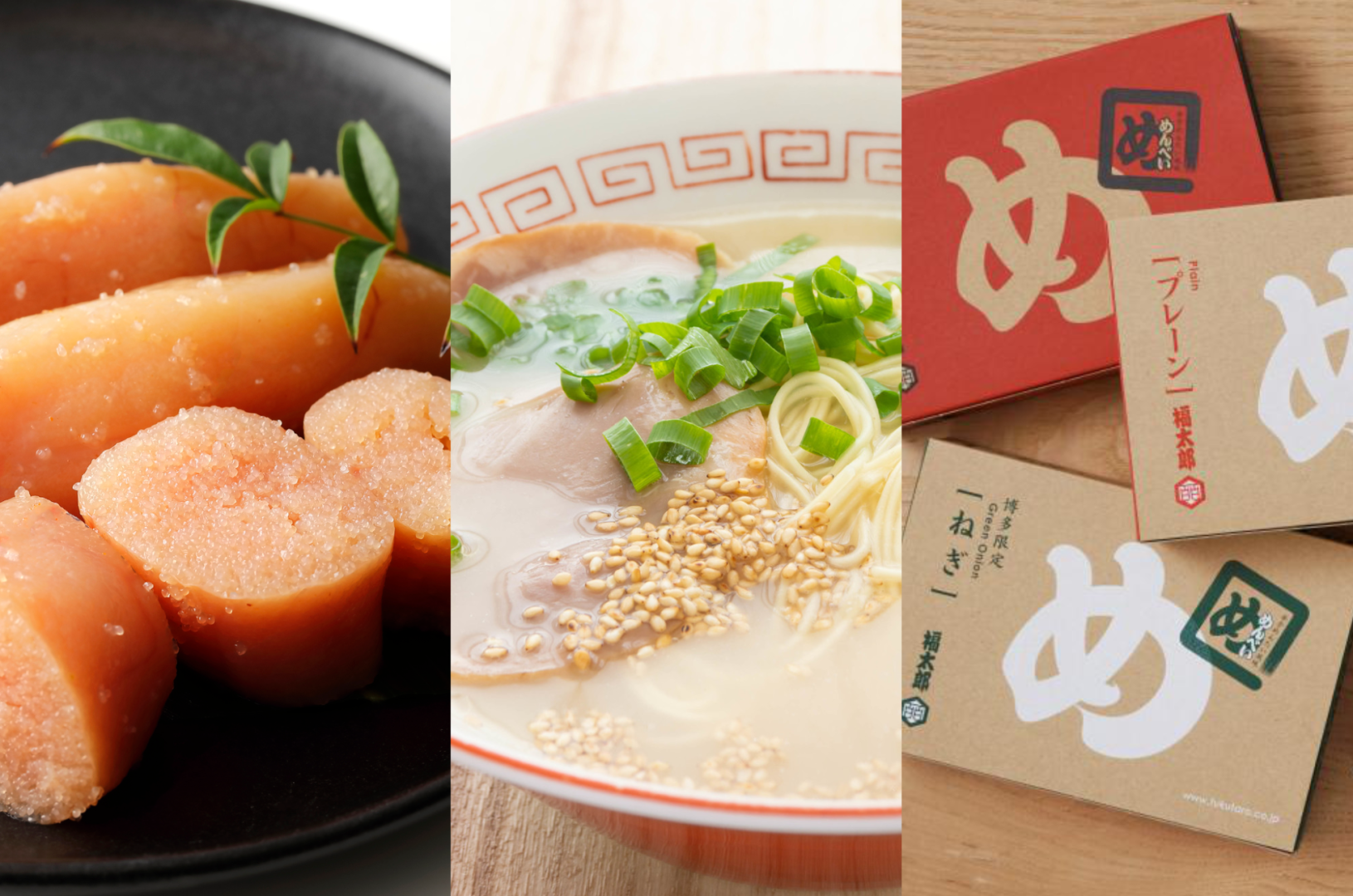
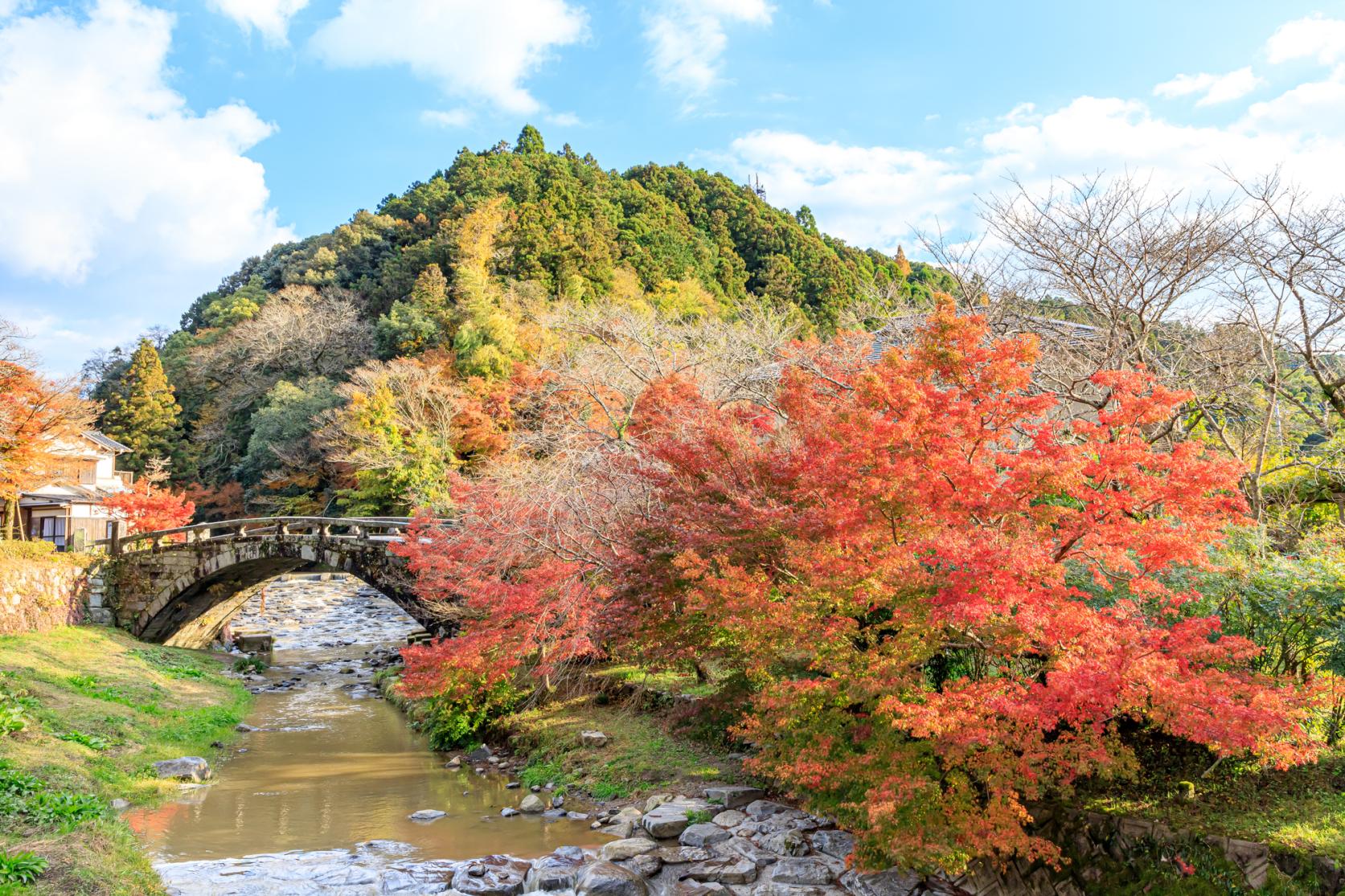

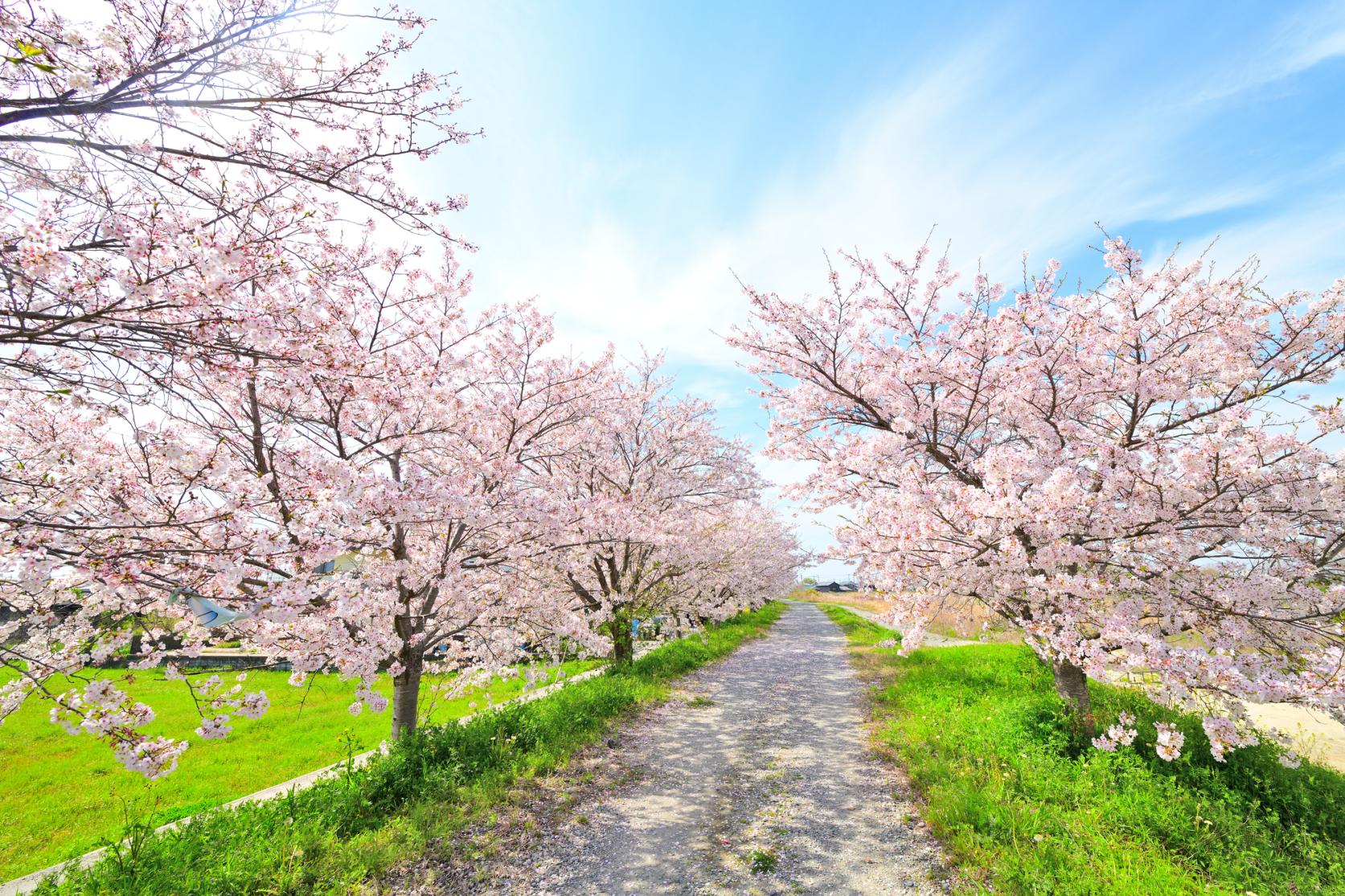
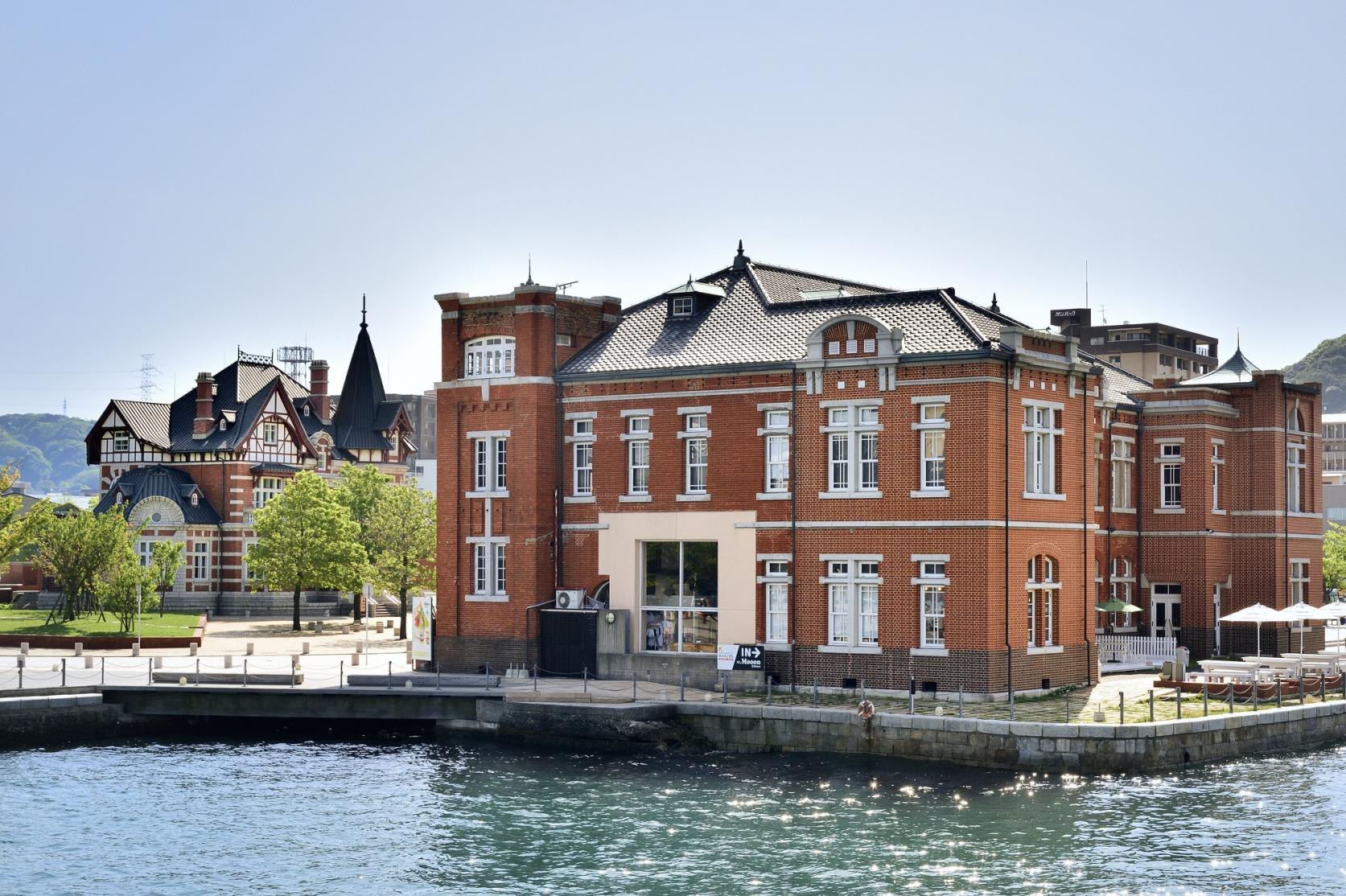
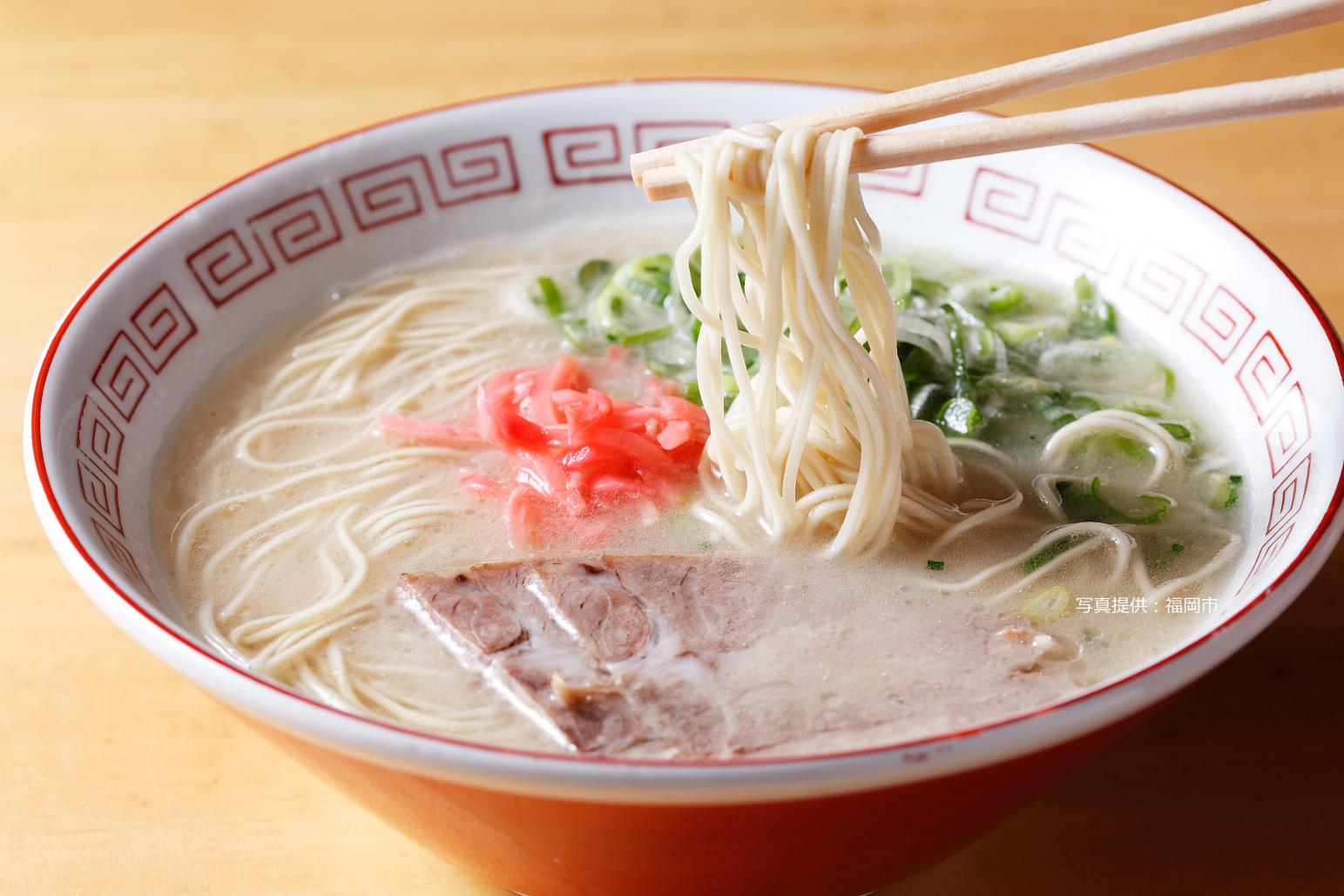
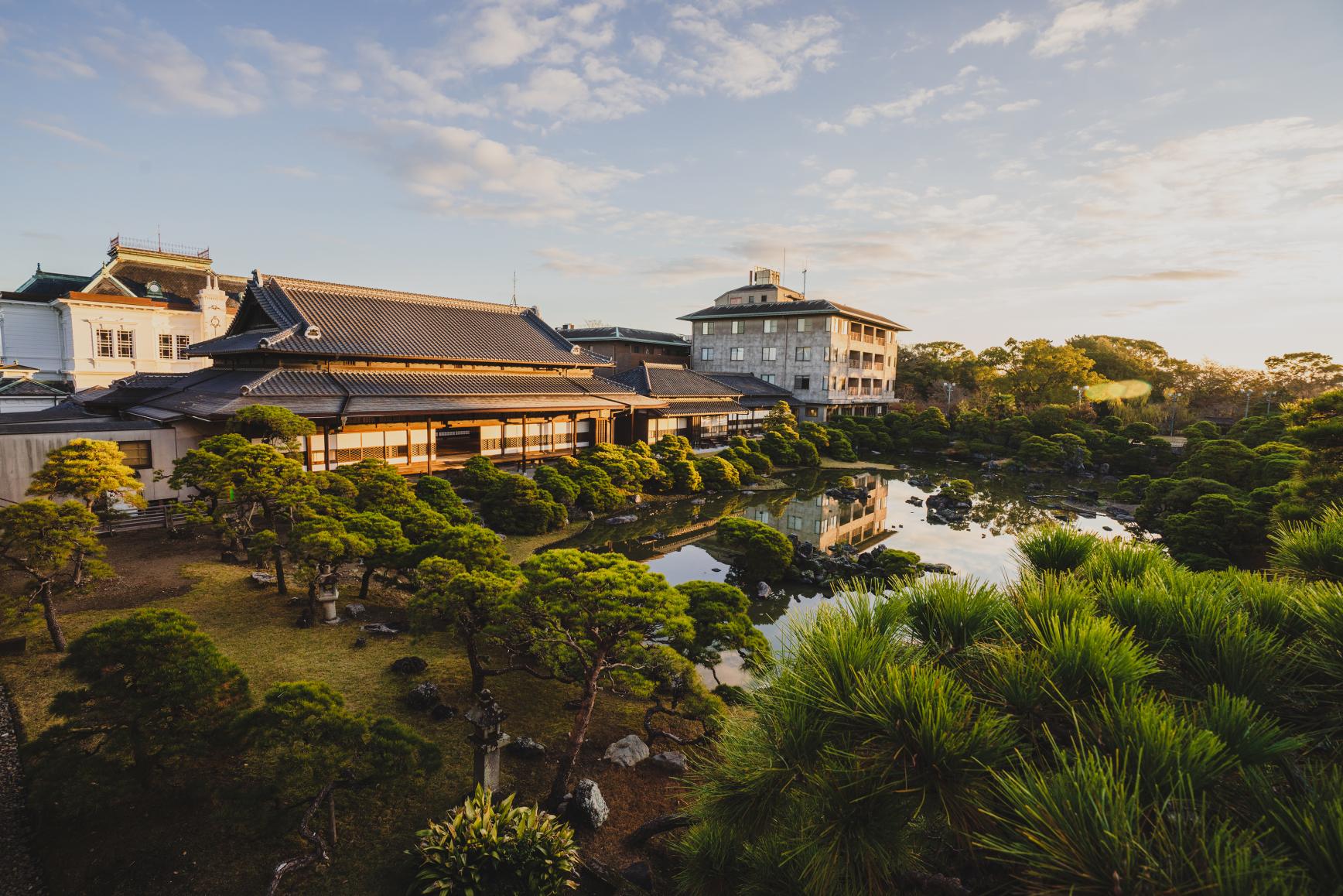
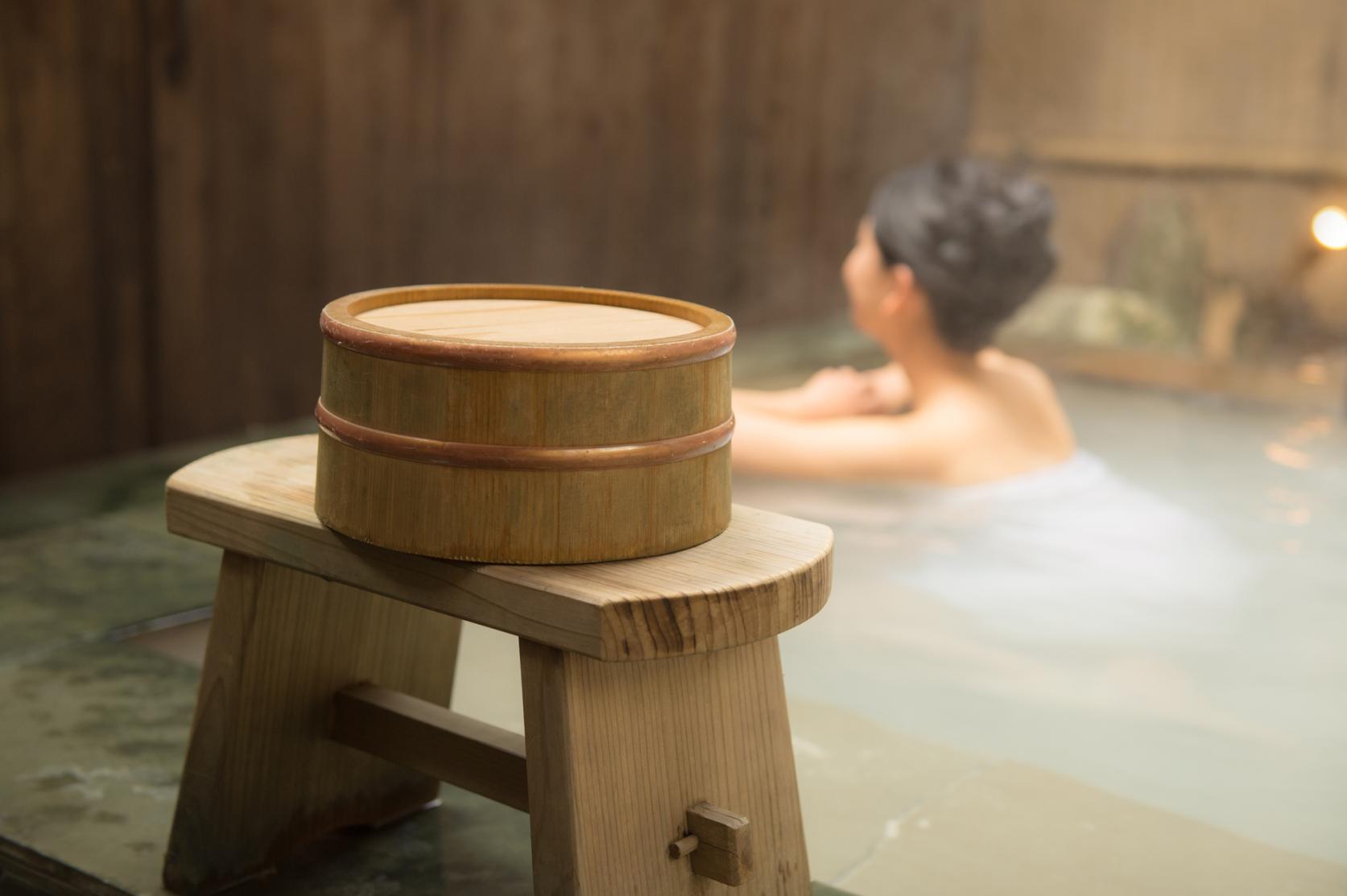
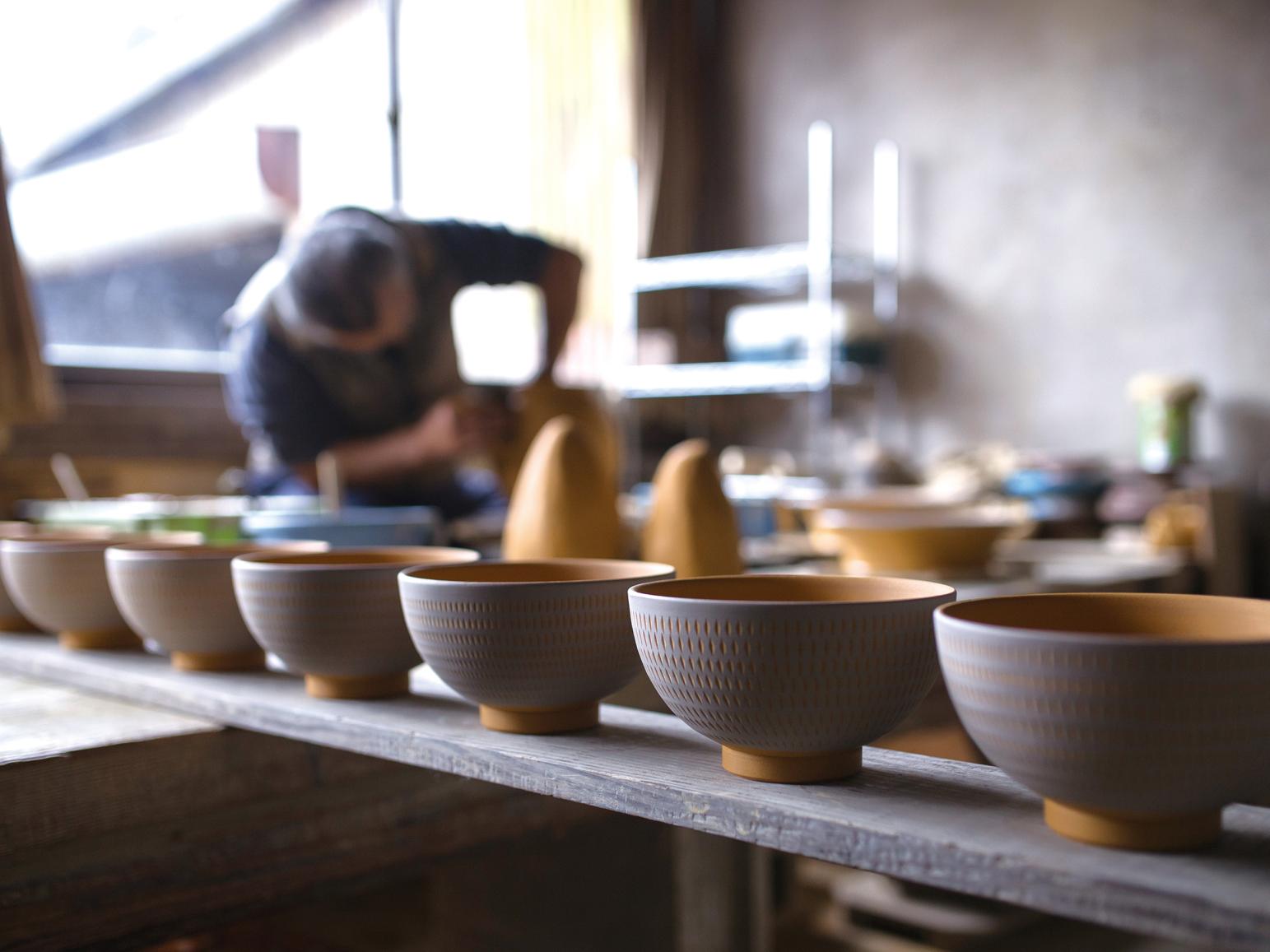
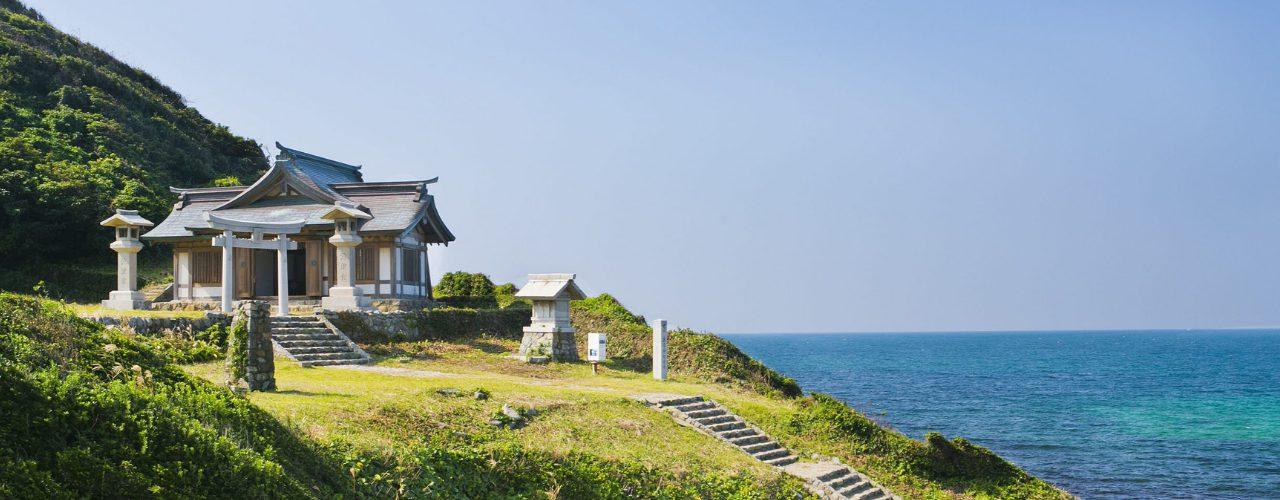
![[2025] Strawberry Picking Spots in Fukuoka-1](https://www.crossroadfukuoka.jp/storage/special_features/49/responsive_images/9ZHgrqvQdpH8tM4IRF54DXu0aPBF3YGGkj5WOTGc__1673_1115.jpg)
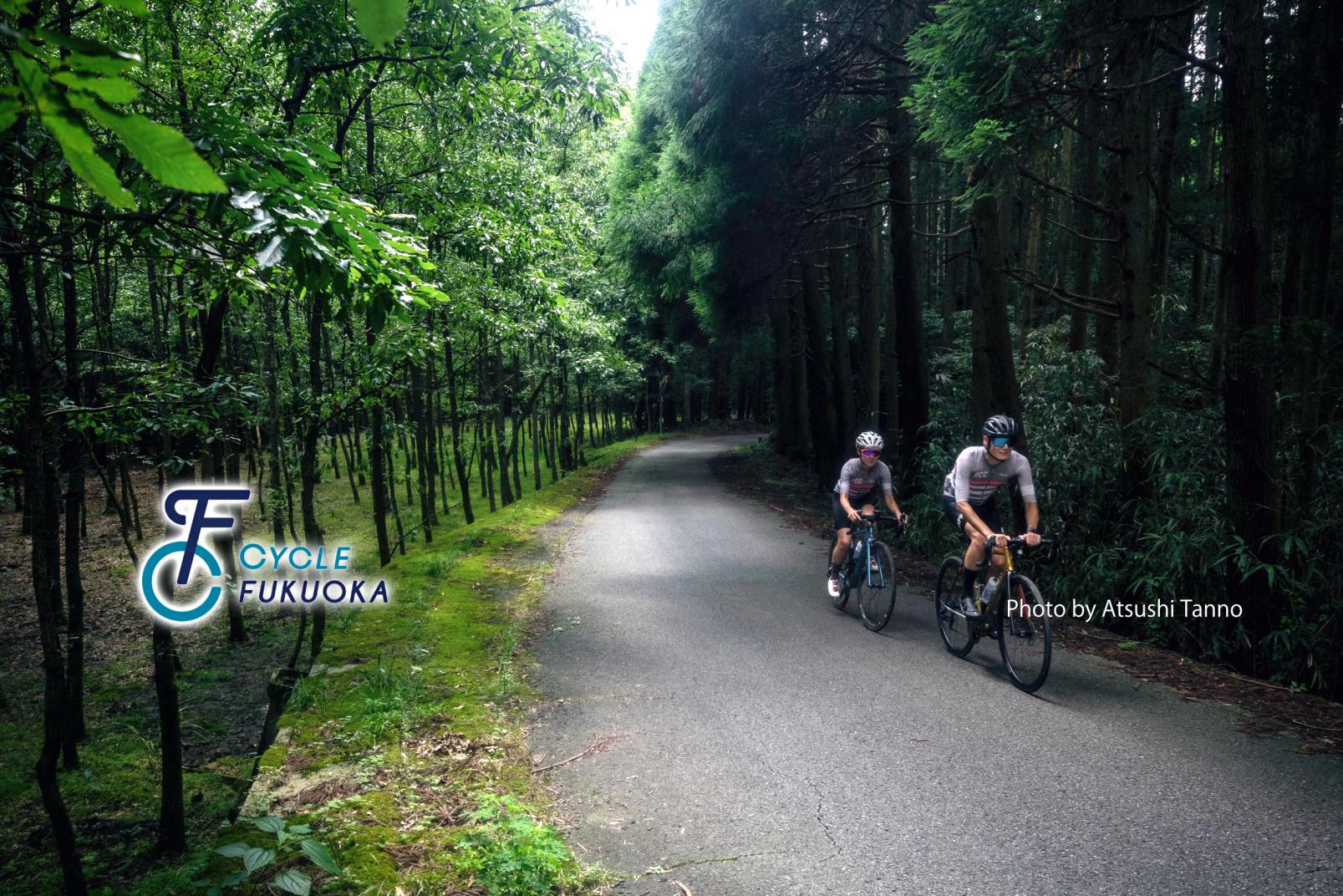
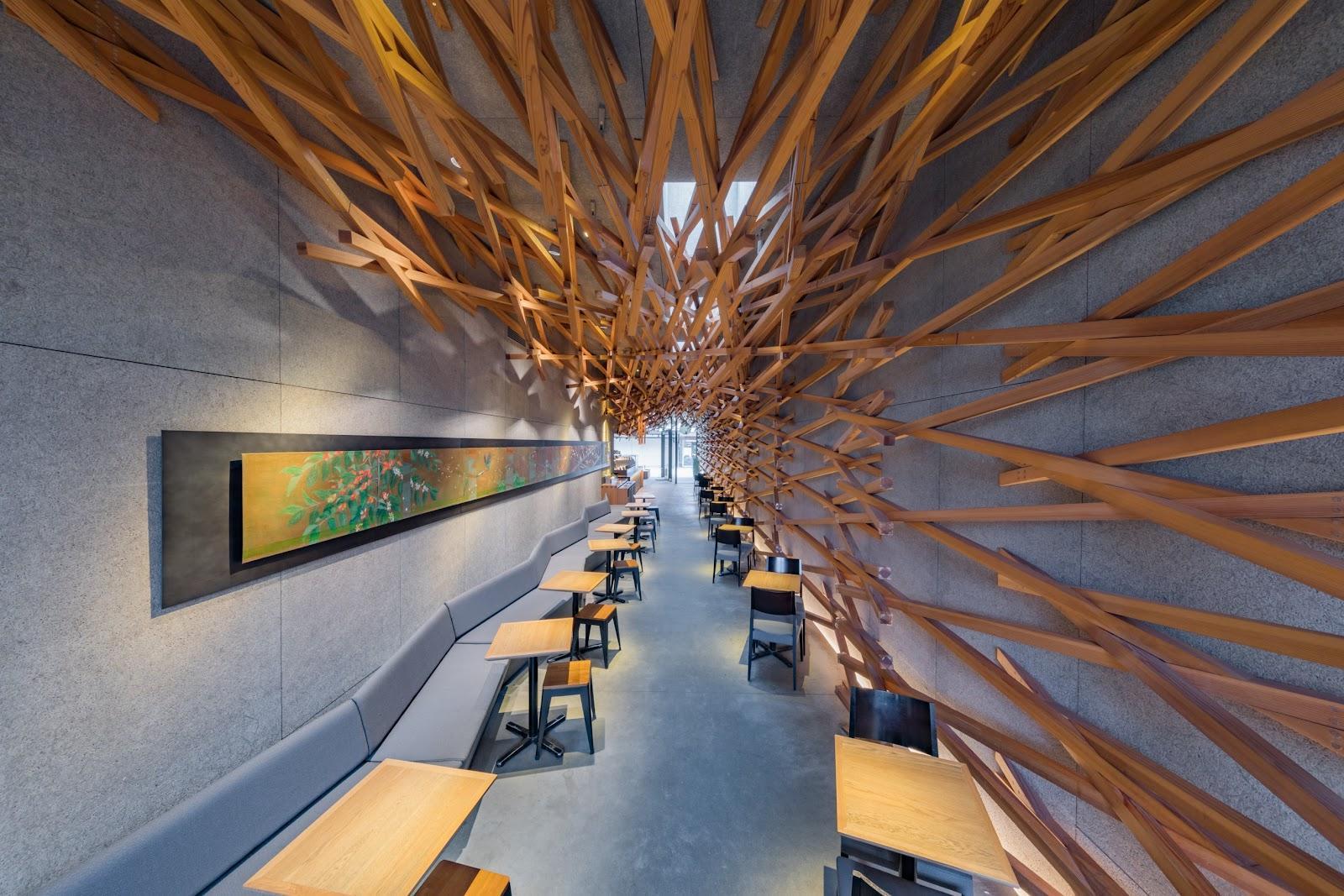
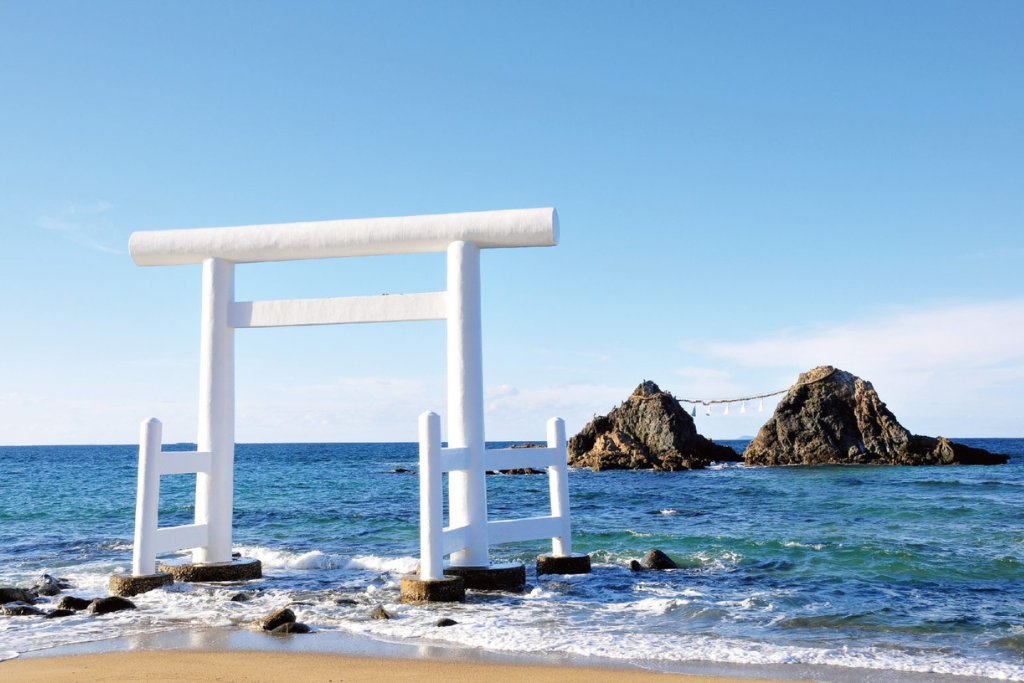
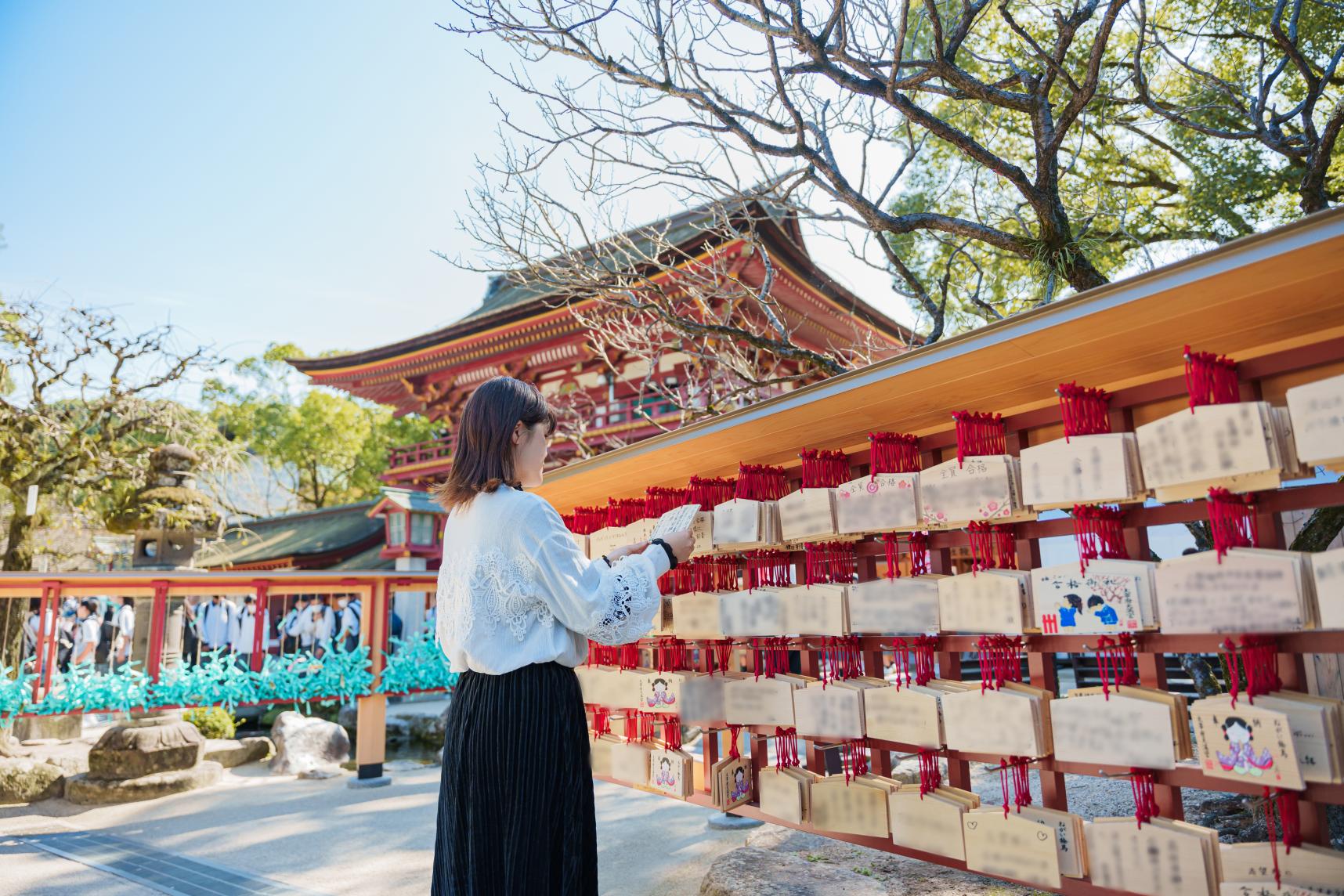
![[2024 Edition] Filled with blessings! The ultimate Fukuoka power spots to bring you happiness.-1](https://www.crossroadfukuoka.jp/storage/special_features/320/responsive_images/6SsCvBDXBhlZoAGUgarTOpZpEaEwsIqsWzSxW8cw__1289_856.png)